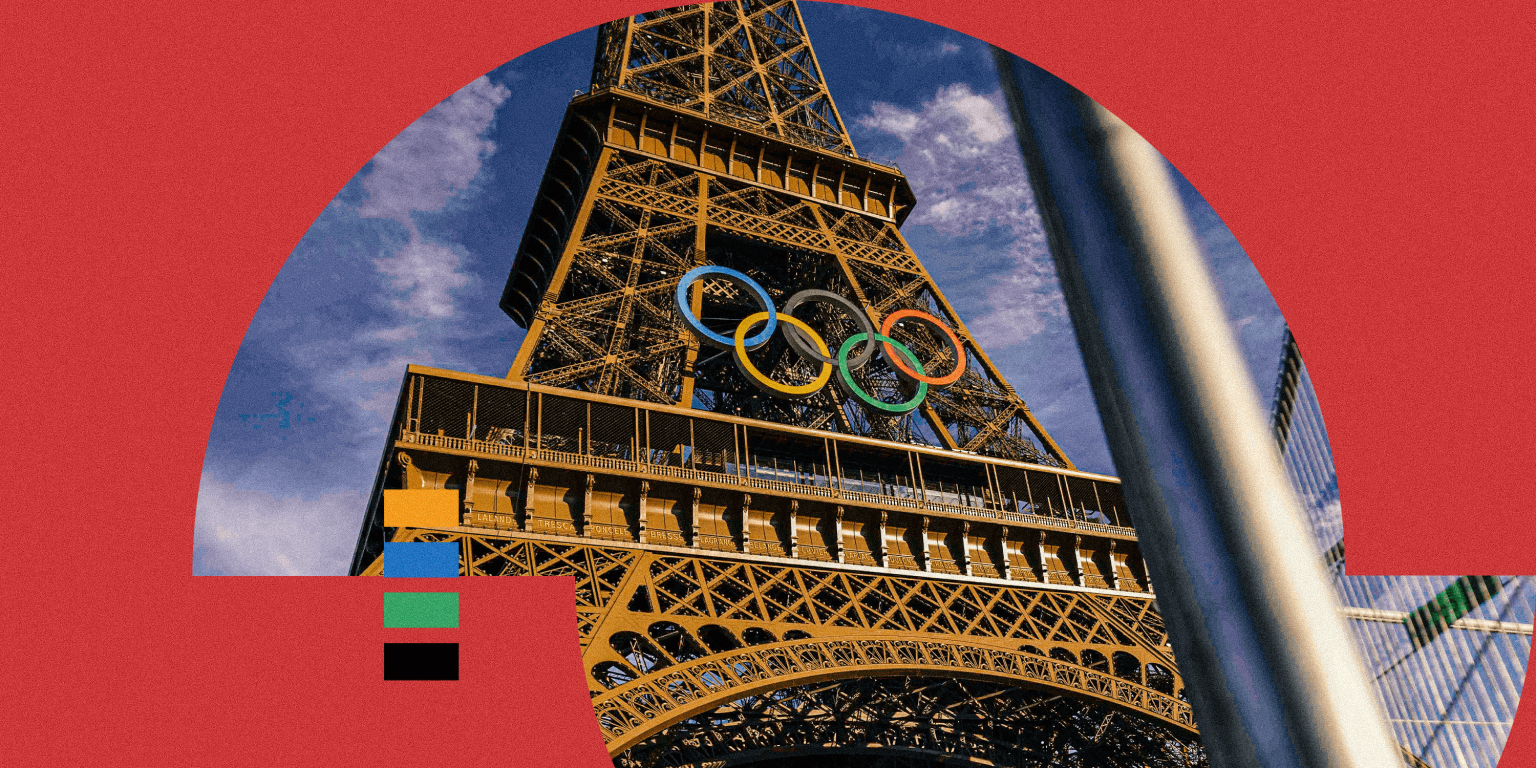The Olympic Games have faced a challenging decade of controversy, political upheaval, public health crises, and dwindling viewership. High-profile issues have included Russia’s involvement in Crimea and state-sponsored doping during the Sochi games, the Zika virus threat and organizational chaos in Rio, to the specter of nuclear warfare in South Korea, along with the pandemic’s effects on Tokyo and Beijing’s games. Every setback has driven more American viewers away, threatening a vital revenue source for the Olympics.
Expectations are high as the baton is passed on to Paris. As one of the world’s top tourist hotspots, Paris is charged with resparking the allure of the Olympics, previously seen as much more than mere sports. While the lofty reputation might have always been more fantasy than reality, Paris has promised to rejuvenate the Games. Paris wants to innovate and evolve the Games’ brand into a more attractive spectacle.
The International Olympic Committee (IOC), the Swiss-based organization owning the Olympic rings’ trademark and responsible for awarding host cities, has seen a losing streak due its lack of geographic diversity, particularly with the past three Olympics all being held in East Asia. Recently, the IOC has altered its bidding rules to assume a more active role in selecting and targeting cities. After Paris, the Games will move to northern Italy, L.A., the French Alps, Brisbane, and Salt Lake City, which organizers are optimistic will help stimulate renewed interest in Western Europe and the Americas.
Paris has opted for a unique approach by opting to hold the Games in some of the city’s most iconic locations. A significant departure from the recent Olympics host cities’ practice of building massive sports complexes in peripheral areas. While a portion of these practices was enacted with the Olympic Village in St. Denis, the majority of the events will take place in famous Paris locations — the opening ceremony on the Seine, beach volleyball at the Eiffel Tower, fencing at the Grand Palais, and equestrian competitions at Versailles, among others.
Despite designing the Olympics to breathe fresh life into the Games and the city, concerns remain. Russia’s state-sanctioned doping and invasion of Ukraine, Israel’s war in Gaza, the global anti-doping system’s collapse, potential terrorism threats in Paris, and increasing COVID-19 rates are all points of concern. Furthermore, TV viewership, crucial for revenue, has decreased over the past few years, with coverage from the 2022 Beijing Olympics dropping 40% compared to 2018 South Korea, and 2021 Tokyo viewing down by 42% from 2016 Rio.
Estanguet, the Paris Olympics Organizing Committee president, understands the stakes and feels the pressure to succeed is positive, given the city’s potential to revive the Olympic spirit. As he puts it, the world will undoubtedly be watching, and they need to deliver a successful Games. The Olympic historians, while noticing a lack of pre-Games buzz in Paris, are optimistic that the mood will change once the competitions start, the stadiums fill, and France bag its first gold medal.


